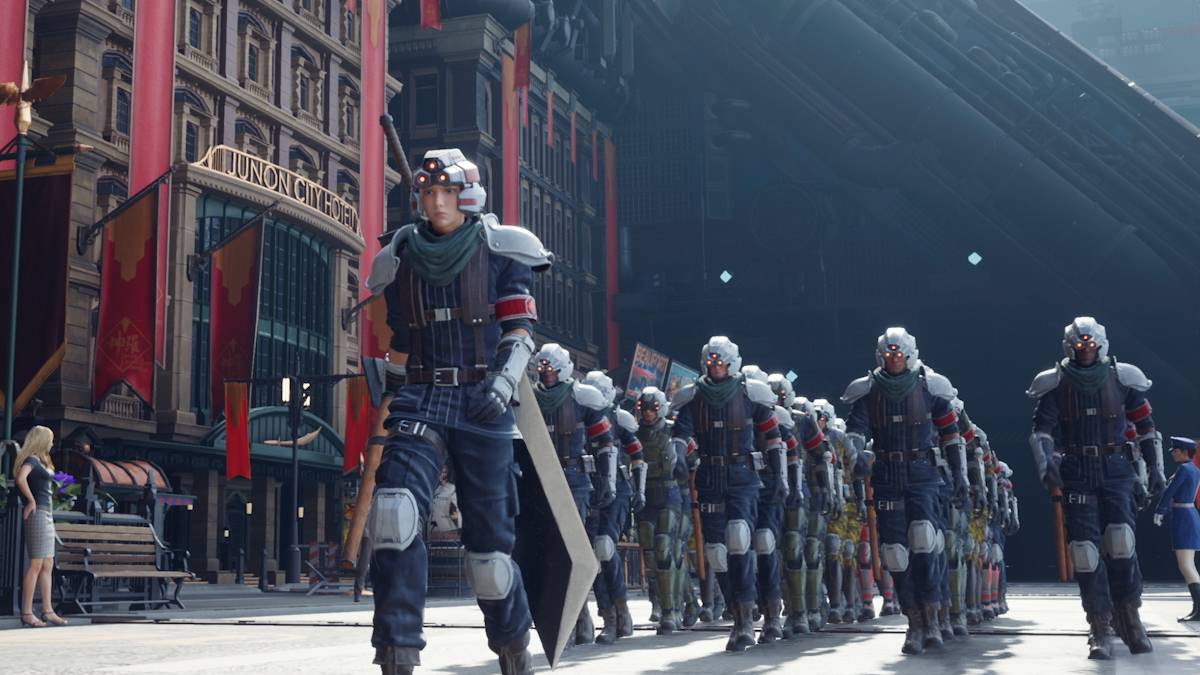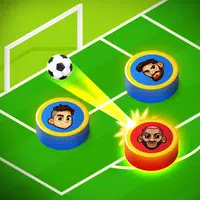Capcom is exploring the use of generative AI to streamline the creation of the vast number of design concepts required for its game environments. This initiative comes as video game development costs escalate, prompting publishers to explore AI tools, despite controversy surrounding their use. Recent examples include a reportedly AI-generated cosmetic item in Call of Duty: Modern Warfare 3 and accusations of AI use in a loading screen for a previous Call of Duty title. EA has even declared AI as "central" to its operations.
In a recent interview with Google Cloud Japan, Capcom's technical director Kazuki Abe (known for his work on Monster Hunter: World and Exoprimal) detailed the company's AI experimentation. Abe highlighted the significant time and resources dedicated to generating the "hundreds of thousands" of unique design concepts needed for in-game assets. He cited the design of everyday objects like televisions, each requiring unique designs, logos, and shapes, as an example of this massive undertaking. Thousands, even tens of thousands, of such objects necessitate multiple design proposals per game, each proposal requiring illustrations and textual descriptions for communication with art directors and artists.
To address this efficiency bottleneck, Abe developed a system leveraging generative AI. This system processes game design documents and generates design concepts, accelerating the development process. The AI iteratively refines its output based on self-generated feedback.
This prototype, utilizing AI models like Google Gemini Pro, Gemini Flash, and Imagen, has reportedly received positive internal feedback. The anticipated outcome is a substantial cost reduction compared to manual creation, alongside potential quality improvements.
Currently, Capcom's AI implementation remains focused on this specific system. Other crucial aspects of game development—including core gameplay mechanics, programming, character design, and overall game ideation—continue to be handled by human developers.
 Home
Home  Navigation
Navigation






 Latest Articles
Latest Articles
![[Breaking] The Last of Us Season 2 to Unveil Censored Game Content](https://images.r0751.com/uploads/51/173869565567a263e7a5a86.jpg)









 Latest Games
Latest Games












